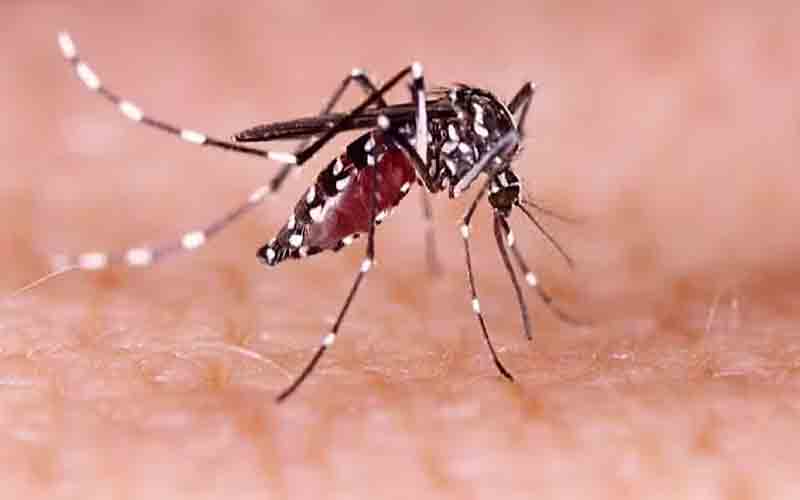The National Institute of Health (NIH) Islamabad has issued a warning about a potential dengue outbreak in Pakistan following heavy rains in Northern regions, Punjab, and Balochistan.
Authorities and citizens have been urged to take preventive steps to curb mosquito breeding and minimize the risk of infections.
Dengue, transmitted by Aedes mosquitoes, thrives in warm and humid conditions, with cases typically peaking between April and November.
Pakistan has seen a significant rise in infections in recent years, with over 21,000 cases reported in 2023 and more than 28,000 in 2024.
The presence of multiple virus strains has further increased the risk of severe illness.
Symptoms of Dengue
Common symptoms of dengue include high fever, severe headaches, joint pain, vomiting, and skin rashes. In critical cases, it can lead to internal bleeding and shock, requiring immediate medical attention.
The NIH has advised hospitals to strengthen diagnostics and urged the public to eliminate stagnant water, use mosquito repellents, and wear protective clothing.
Authorities have been instructed to conduct fumigation and enforce strict vector control measures.
Health experts emphasize that early detection and preventive action are essential to preventing a widespread outbreak.
The NIH has called for coordinated efforts to protect public health and prevent another surge in cases.











